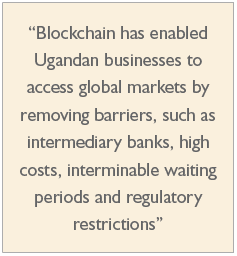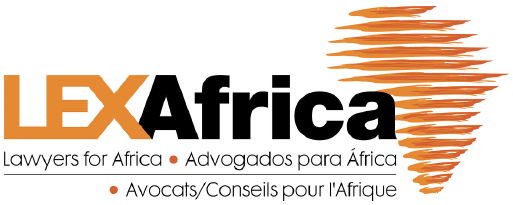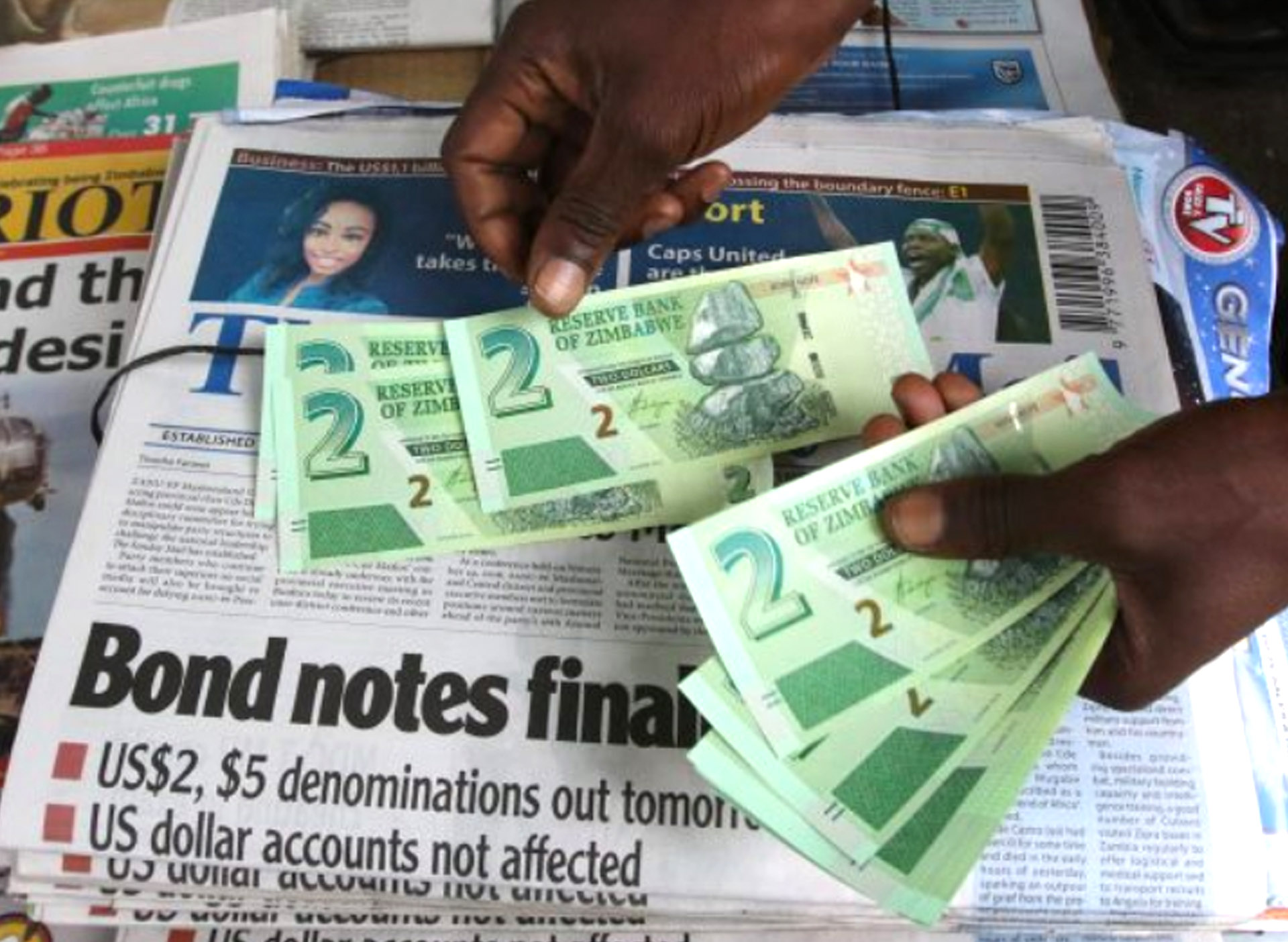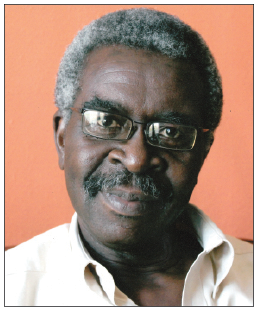 By Alice Namuli Blazevic, KATS
By Alice Namuli Blazevic, KATS
By far the most significant headline-grabbing development in 2017 and 2018 relates to the stunning rise of blockchain technology. The technology has the potential to dramatically transform practices in significant segments of the Ugandan economy.
Cryptocurrency is the most popular example that is intrinsically tied to blockchain technology. It is also the most controversial one. Nonetheless, blockchain technology itself is non-controversial, has worked flawlessly over the years and is being successfully applied to both financial and non-financial applications within Uganda.
Uganda continues to see a lot of growth in the cryptocurrency and blockchain industry. In the past year the country has hosted various blockchain conferences, we have witnessed a mushroom of blockchain associations and communities with a lot of support from government at cabinet level.
Ugandan President Yoweri Museveni has spoken positively about blockchain technology. At the Africa Blockchain conference held in May he said that there is a need “to look for a new technology of enabling things to move faster and new systems that go with it”.
Several crypto-to-fiat currency exchanges have been launched in Uganda, like BitPesa, Coin Pesa and Binanace Uganda. Binance is the the biggest fiat-to-crypto exchange by trade volume in the world. And some businesses like restaurants, hotels and shops accept payment in cryptocurrencies in Uganda.
 The government of Uganda is also considering the use of blockchain in various ministries, such as the Ministry of Lands, where all properties in Uganda will be registered on the blockchain. This project is being led by Bitland Uganda in partnership with Bitland Global a land registry application on the blockchain that maintains tamper proof, immutable land records. We believe this process will spark a lot of growth in the real estate industry as it will get rid of the major ills that the industry has grappled with for a long time, such as fraud. Land title registration on the blockchain will mean transparent, tamper proof, fast and inexpensive transactions.
The government of Uganda is also considering the use of blockchain in various ministries, such as the Ministry of Lands, where all properties in Uganda will be registered on the blockchain. This project is being led by Bitland Uganda in partnership with Bitland Global a land registry application on the blockchain that maintains tamper proof, immutable land records. We believe this process will spark a lot of growth in the real estate industry as it will get rid of the major ills that the industry has grappled with for a long time, such as fraud. Land title registration on the blockchain will mean transparent, tamper proof, fast and inexpensive transactions.
With the range of blockchain applications being implemented in Uganda, from enabling micropayment systems to digital identity management to smart contracts, there is no doubt that blockchain-based solutions can leapfrog traditional or non-existent technology infrastructures in the country and the continent at large. Such revolutionary developments are the drivers of a new era of more inclusive growth in which “no one is left behind”.
Blockchain has facilitated an increase in cross-border transactions to the benefit of Uganda. Most African countries face a lot of difficulties with costly financial systems due to the various currencies, regulatory systems and exchange rates among African countries. However, blockchain has enabled, for example, flow of assets across borders at the lowest rates.
Blockchain has enabled Ugandan businesses to access global markets by removing barriers, such as intermediary banks, high costs, interminable waiting periods and regulatory restrictions.
Regulation
The biggest challenge is the absence of a regulatory regime. Regulators and lawyers are still grappling with how to navigate the new technology. Luckily, Uganda is one of the few countries on the African continent whose government has shown willingness to embrace the technology. Most of the blockchain technologies and cryptocurrencies are not facing much resistance from regulators in Uganda, unlike in most countries across the continent.
Current status of policy and regulation
The Ugandan government is in the process of developing policy guidelines and encouraging industries to utilise the technology. Further, there is a need to review the existing Data Protection and Privacy Bill in the context of emerging new technologies.
Conclusion
The next decade will bring with it tremendous advancements in technological and economic artistry that cannot presently be envisioned, and nearly all of those innovations will need to be understood and analysed through a legal lens. The global blockchain and cryptocurrency community needs a strong, yet quickly adaptive base of legal understanding on which to build and blossom.
LEX Africa is an alliance of law firms with over 600 lawyers in 24 African countries formed in 1993. More information may be found at www.lexafrica.com.

T: (256) 41 233 770

























